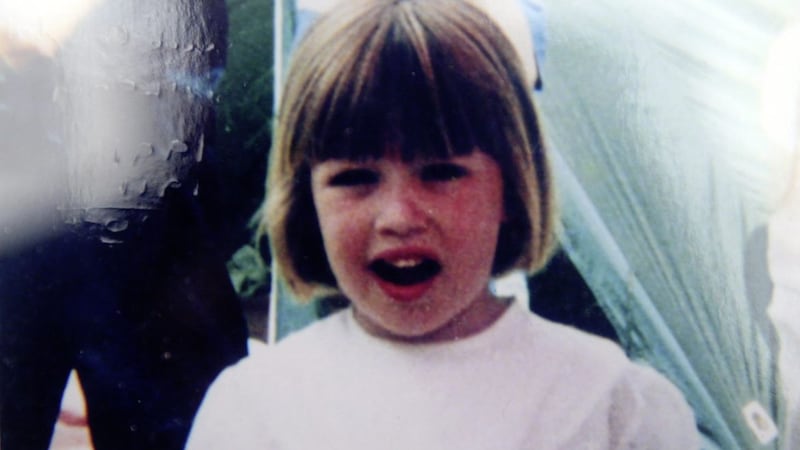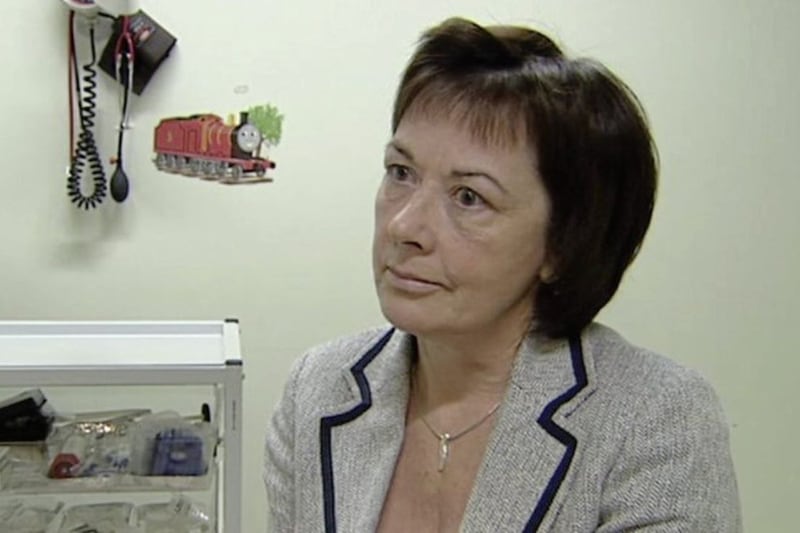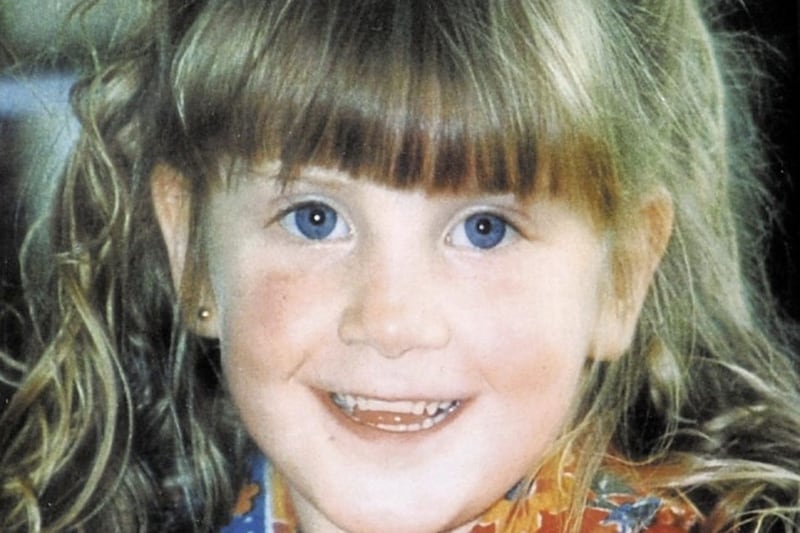A NINE-YEAR-OLD girl whose hospital death was at the centre of a major inquiry was given a "toxic dose" of a drug used to treat epilepsy, an inquest has heard.
Claire Roberts died in 1996 at the Royal Belfast Hospital for Sick Children from a condition known as hyponatraemia, which is linked to a shortage of sodium in the blood.
The east Belfast schoolgirl was one of five children whose deaths were investigated in Northern Ireland's longest-running public inquiry.
Four of the deaths were found to be "avoidable" and the inquiry chair Sir John O'Hara QC concluded there was a "cover up" by some consultants in relation to the care of Claire Roberts - and that those involved were more intent on protecting their own reputations to "avoid scrutiny".
On the second day of a fresh inquest ordered into the child's death, a pharmacology expert gave evidence on the impact of the drugs administered to Claire when she was admitted to the Royal with a stomach bug on October 21 1996.
She had attended school earlier that day. Within 48 hours, she was pronounced dead.
Her parents, Alan and Jennifer Roberts, have campaigned for more than 20 years and were present at yesterday's hearing at Laganside Coroner's Court in Belfast.
They listened as Dr Jeffrey Aronson, a consultant based at Oxford University hospitals, detailed the "adverse" impact of being overdosed with Phenytoin, an older drug used for epileptic seizures.
It emerged that Claire, who had suffered from seizures as a small child but had not experienced one for "years", was given an excessive amount of the medication when she was unconscious.
Dr Aronson, who submitted expert evidence to the 14-year public inquiry, said in a conscious person the drug would cause someone to stagger or have abnormal movement of the eye.
"When a patient is unconscious you would not detect anything... worsening of consciousness would be the major adverse impact," he said.
When asked for his assessment of the dose prescribed to Claire, he replied: "I would call it a toxic dose."
The court heard that Claire suffered a seizure some time after being given the drug.
Dr Aronson was asked if the overdose of the drug was linked to it.
"It can cause seizures as well as treating them... there is a possibility that the toxic concentration she had could have caused a seizure," he replied.
The court heard that she was also given a "four-fold" overdose of a benzodiazpine drug, Medizolam - normally used to sedate patients.
A second expert witness, Professor Brian Harding, gave evidence from Philidelphia via video link.
A neuro pathologist with 35 years' experience, he had given evidence to the inquiry about the autopsy report carried out in 1996.
He questioned the post-mortem diagnosis of encephalitis, which is a swelling of the brain.
"I found no evidence of encephalitis provided in Dr (Brian) Herron's original autoposy report," he said.
The court heard that Dr Herron had said there was evidence of a "very mild" form of the brain condition.
But Professor Harding said he "took issue" with this.
"It's either present or it isn't... for me this was fairly cut and dried. The facts do not stack up to encephalitis."
A legal representative for the Belfast health trust pressed Professor Harding on how many cases of the condition he had seen.
"Not hundreds but I've seen a number of cases over my 35-year career," he replied.
Coroner Joe McCrisken criticised the lawyer's line of questioning, saying: "In the face of overwhelming evidence... you are still being instructed by the trust to question the findings of the experts."
The lawyer referred the matter to Dr Herron who also took the stand and insisted he stood over his autopsy findings of "very mild" encephalitis.
Dr Herron, who also specialises in neuro pathology, described the case as "complex".
He stressed however that "not for one minute" did he think Claire had died from encephalitis or meningitis.
The inquest hearing will conclude tomorrow.








